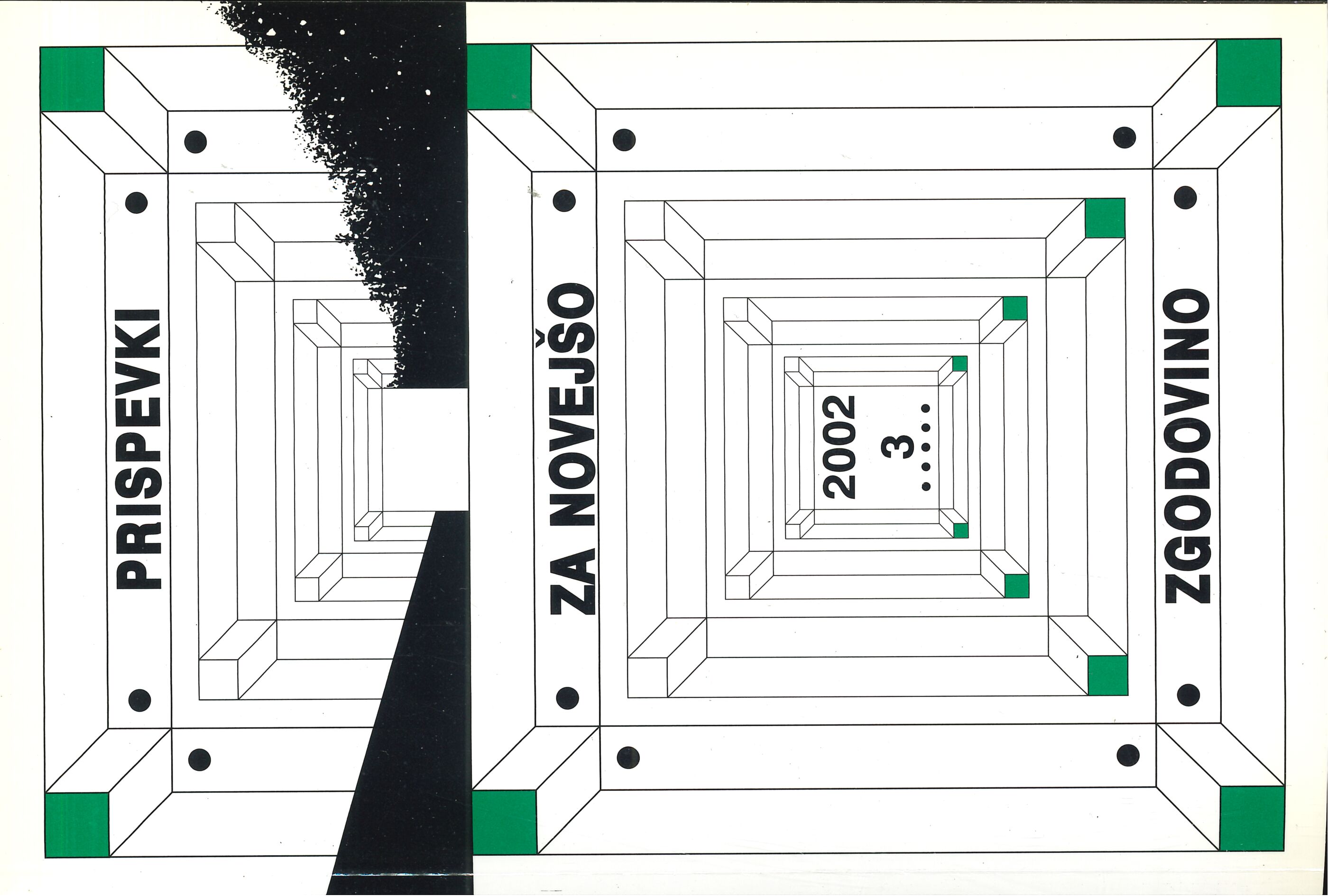The Preparation, Adoption and Significance of the Protocol between the Socialist Federal Republic of Yugoslavia and the Holy See
Keywords:
Yugoslavia, Vatican, the Belgrade Protocol, diplomacy, politicsAbstract
The paper deals with the restoration of diplomatic relations between the Socialist Federal Republic of Yugoslavia (SFRY) and the Holy See in the 1960s, it outlines the causes that led to the negotiations between the two sides and presents the difficulties which arose in the course of these talks. In main, the paper is dedicated to the diplomatic negotiations between 1964 and 1966, with the list of the demands of both sides in the foreground. The talks were problematic as both sides made demands which concerned their internal structures. The negotiations clearly showed the yielding on the Vatican side in its desire to reach a final agreement. Given the scope of the negotiations, their result - the Belgrade Protocol - was very poor. The signing of the Protocol was propagated by the Slovene press as a success of Slovene diplomacy, while provoking sharp reactions among Slovene emigrants. The changes that the Belgrade Protocol was supposed to bring about were so few that it can be hardly considered as a turning point in the Church-State relations in Yugoslavia.
Downloads
Published
Issue
Section
License
Authors who publish with this journal agree to the following terms:
- Authors retain copyright and grant the journal right of first publication with the work simultaneously licensed under a Creative Commons Attribution License that allows others to share the work with an acknowledgement of the work's authorship and initial publication in this journal.
- Authors are able to enter into separate, additional contractual arrangements for the non-exclusive distribution of the journal's published version of the work (e.g., post it to an institutional repository or publish it in a book), with an acknowledgement of its initial publication in this journal.
- Authors are permitted and encouraged to post their work online (e.g., in institutional repositories or on their website) prior to and during the submission process, as it can lead to productive exchanges, as well as earlier and greater citation of published work (See The Effect of Open Access).


